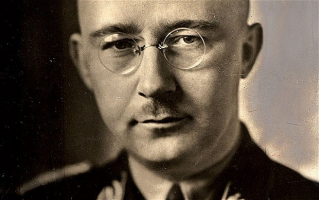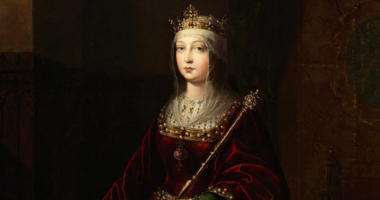Top 5 Interesting Facts about Deng Xiaoping
You cannot talk about the growth and development of modern China without mentioning the name "Deng Xiaoping". While he is certainly a national hero in China, ... read more...many also consider him the main architect of China's economic reform. Either way, the iconic Deng Xiaoping's historic contributions to the country are undeniable. There are many facts about Deng Xiaoping that you did not know. The following article of Toplist will introduce you to interesting facts about Deng Xiaoping.
-
Following Mao's passing in September 1976, Deng defeated Hua Guofeng's nominee for president and took over as de facto leader of China in December 1978 during the Fifth Plenary Conference, the third meeting of the 11th Central Executive Committee. After inheriting a nation plagued by institutional unrest and opposition to Communism as a result of the erratic political movements of the Mao era, Deng launched the "Bolduan Fanzheng" campaign to gradually restore order.
The National University Entrance Examination, which had been put on hold for ten years due to the Cultural Revolution, was resumed under Xiaoping's leadership between 1977 and the beginning of 1979. He also started China's Reform and Opening program and established special economic zones. Plans included the start of the month-long Vietnam-China War and Shenzhen.
The People's Republic of China and the United States established diplomatic ties on January 1, 1979, and Deng was the first Chinese supreme leader to travel to the country. By establishing constitutional term limits for government officials and making other systematic changes in August 1980, Deng started a series of political reforms that were included in China's third Constitution in 1982.
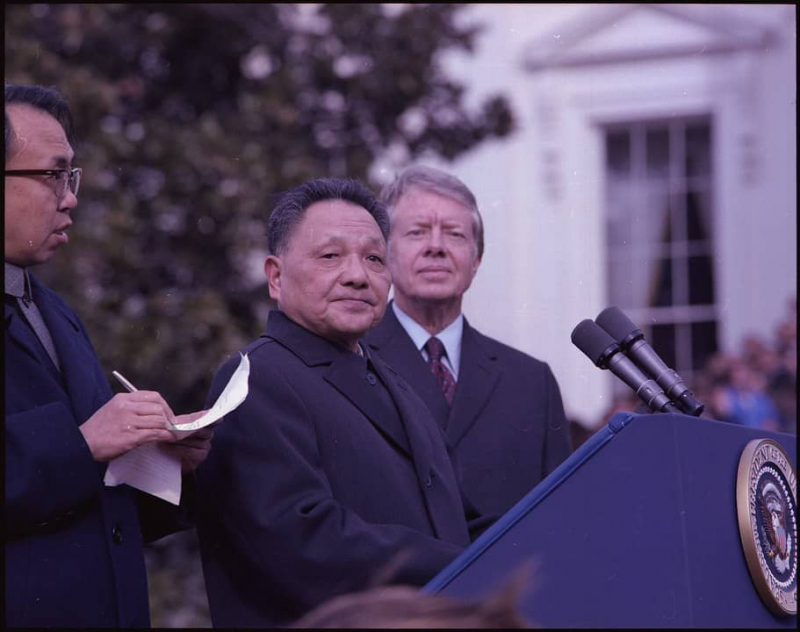
Photo: https://www.discoverwalks.com/ 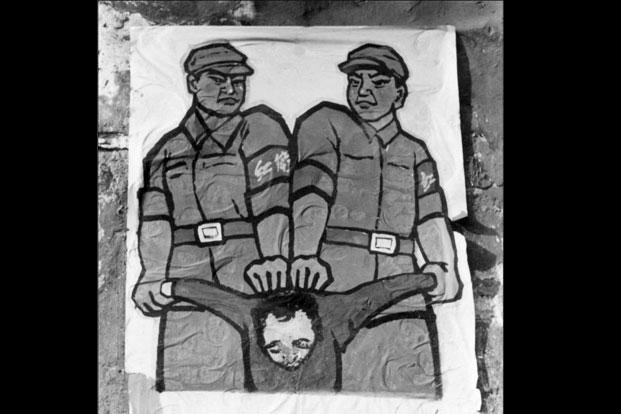
Photo: https://www.livemint.com/ -
One of the interesting facts about Deng Xiaoping is that he was the organizer of the revolution. As a political and military organizer, Deng Xiaoping joined Mao Zedong's communist revolution in China. He developed his revolutionary skills during the legendary "Long March" of 1934–1955 when the Chinese Kuomintang Army narrowly missed capturing the nascent Chinese Communist movement. When the war against Japan broke out in 1937, Deng was the Chinese Revolutionary Army's educational chief, which aided the army's growth into a significant military force during the Communist Revolution, which lasted from 1946 to 1949.
Deng Xiaoping's organizing abilities were initially praised by Mao. Deng played a key role in China's economic recovery following the disastrous Great Leap Forward (1958–1966) while serving as Mao's General Secretary of the party and as Deputy Prime Minister in the 1950s. He presided over Mao's Anti-Fear Right Campaign. He was twice purged during the Cultural Revolution (1966–1976), but his left-wing political attitude and economic policies ultimately caused him to lose Mao's favor. Mao's egalitarian ideas were at odds with Deng Xiaoping's focus on individual self-interest. Deng subsequently lost all of his jobs and was banished with his family to the countryside of Jiangxi province for re-education.
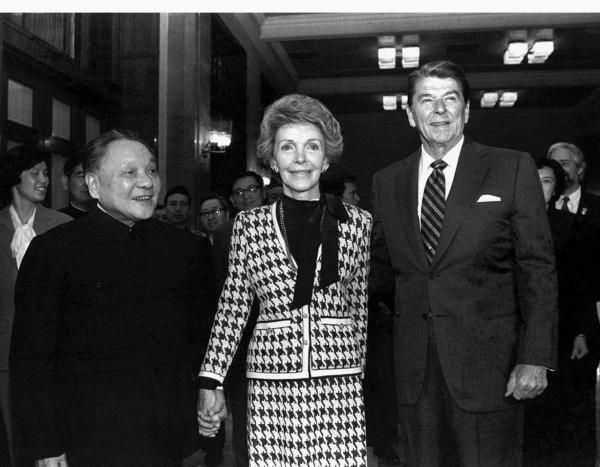
Photo: https://econintersect.com/ 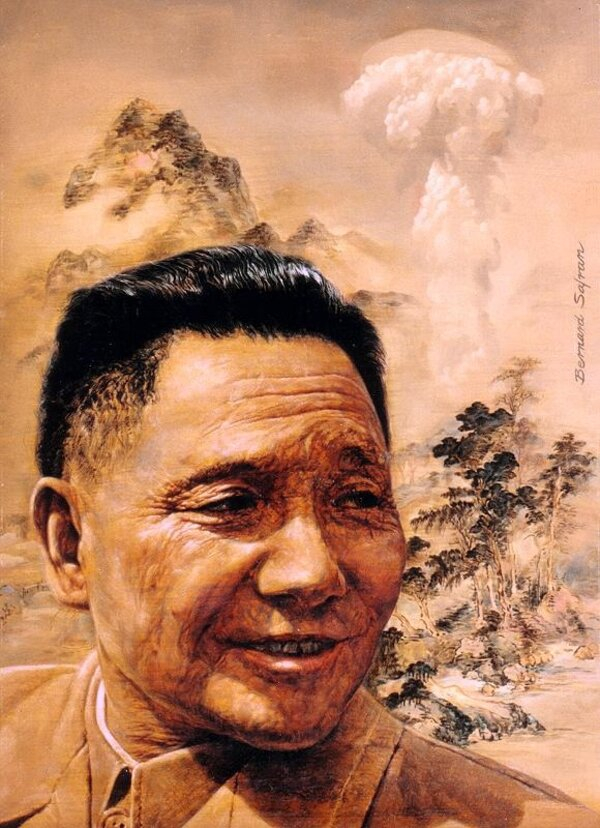
Photo: http://rileygillam.weebly.com/ -
By the middle of the 1980s, Deng had implemented radical "one child per marriage" policies to reduce China's exploding population as well as economic changes in agriculture and industry that allowed for more local management. Deng maintained that China remain a socialist country under centralized rule during all of these developments. Reforms increased everyone's quality of life, but they also widened the chasm between the classes.
By 1989, opposition to Deng Xiaoping's authoritarian rule had grown since the democratic movement had gained traction in the middle of the 1980s. During a visit by Soviet Premier Mikhail Gorbachev, a series of large-scale protests at Tiananmen Square forced the closure of the government. Deng finally decided in favor of forcibly removing the demonstrators. The troops entered on June 3-4, 1989, while it was still dark, and within a few hours, all was over. Despite being there during Gorbachev's visit, the international media was not allowed in the Square. Hundreds, if not thousands, of protesters are thought to have died that evening.
Although he was credited with reforming the economy, he also caused controversy with his authoritarian rule. This resulted in thousands of deaths in protests against him.
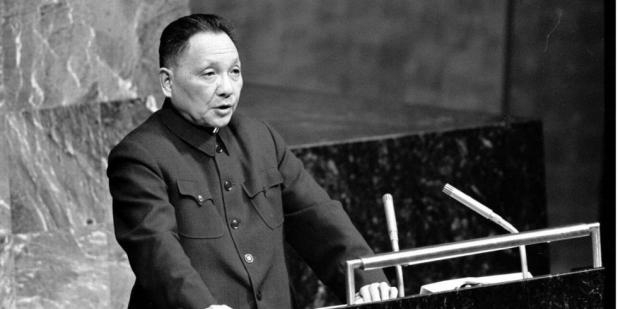
Photo: https://china.usc.edu/ Source: Mr Mitchell History -
1969 might have been one of the most challenging years for Deng Xiaoping. An odd truth about Deng Xiaoping is that after being discovered during the Cultural Revolution, he was imprisoned in a kindergarten and had to work at a tractor repair shop. Additionally, he was moved to Jiangxi province and held under house arrest in Beijing for two years. Mao believed that Deng and Liu's reformist economic strategies might result in the return of capitalism and the end of the Chinese Revolution. Due to these and other factors, Mao started the Cultural Revolution in 1966, when Deng lost support and had to resign from all of his positions.
He and his family were targeted by the Red Guards during the Cultural Revolution when they had Deng Pufang, Deng Xiaoping's eldest son, imprisoned. In 1968, after being tortured and pushed out of a four-story building, Deng Pufang became a paraplegic. Deng Xiaoping was assigned to work as a regular employee at the Xinjian County Tractor Factory in rural Jiangxi Province in October 1969. Deng wrote in his leisure time during his four years there. Although on a lower scale than President Liu Shaoqi, he was nationwide purging.
For a long time, Mao had claimed that Deng's suffering was an act of kindness on his part to keep him alive. Deng's son, on the other hand, was not as fortunate. He seemed to have attempted to escape the Red Guards by falling from a window and crippling himself.
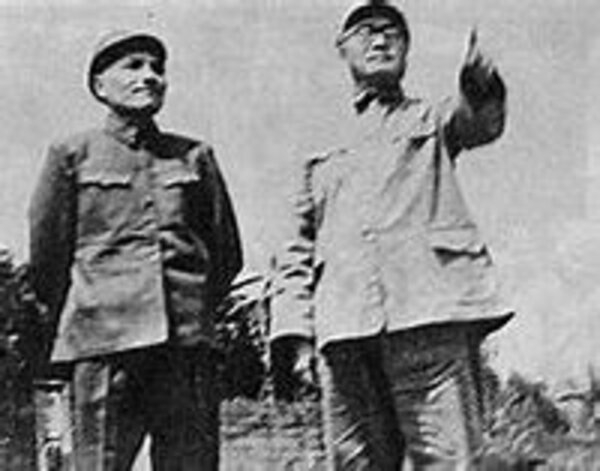
Photo: https://factsking.com/ 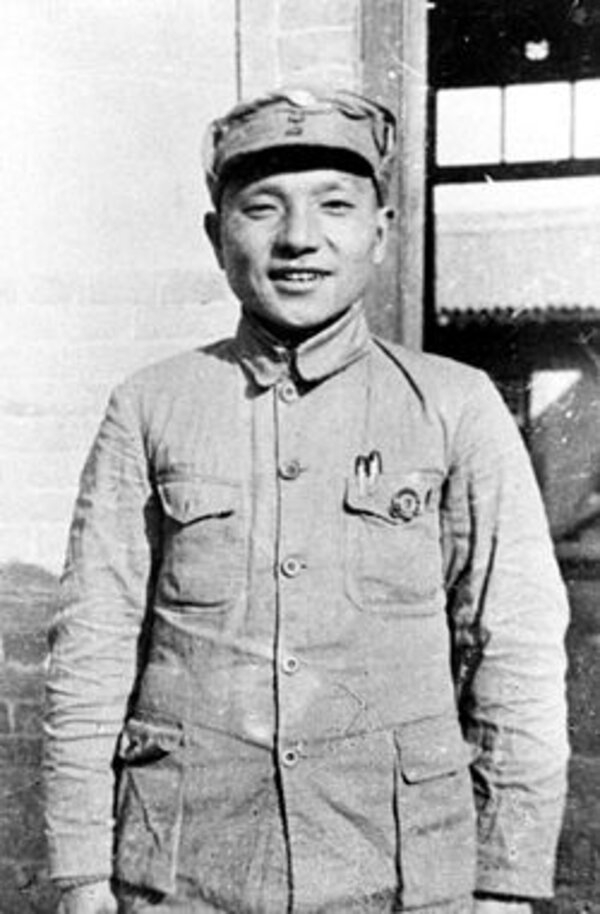
Photo: http://www.vipfaq.com/ -
One of the interesting facts about Deng Xiaoping is that his historical life has been adapted into TV series and movies. On August 8, 2014, the 110th anniversary of Deng Xiaoping's birth, the first episode of "Deng Xiaoping at the Crossroads of History" was aired on Chinese television. This biographical series honors the life of the Chinese architect whose innovations contributed to the economic transformation of the nation. There are 48 episodes in the series, which is thought to have cost roughly 120 million yuan ($18 million). A biographical movie focusing on Deng Xiaoping's rise to power in 1976 was also released in 2002.
The 48-episode series' plot covers the years from October 1976 to 1984, just after China completed its ten-year "Great Cultural Revolution" movement. At this time, the Chinese Communist Party was re-planning the course of development by gradually shifting toward a market economy, and Deng cannot be ignored in this process. The movie also includes a portrait of the adversary from that era at the same time. As Mao Zedong's chosen successor, Hoa Quoc Phong was once praised with the phrase "Long live President Hoa Quoc Phong," which brought an end to 33 years of his name totally disappearing from Chinese media and political life.
Source: Documentary TV's Youtube Chanel Source: YOUKU's Youtube Chanel























